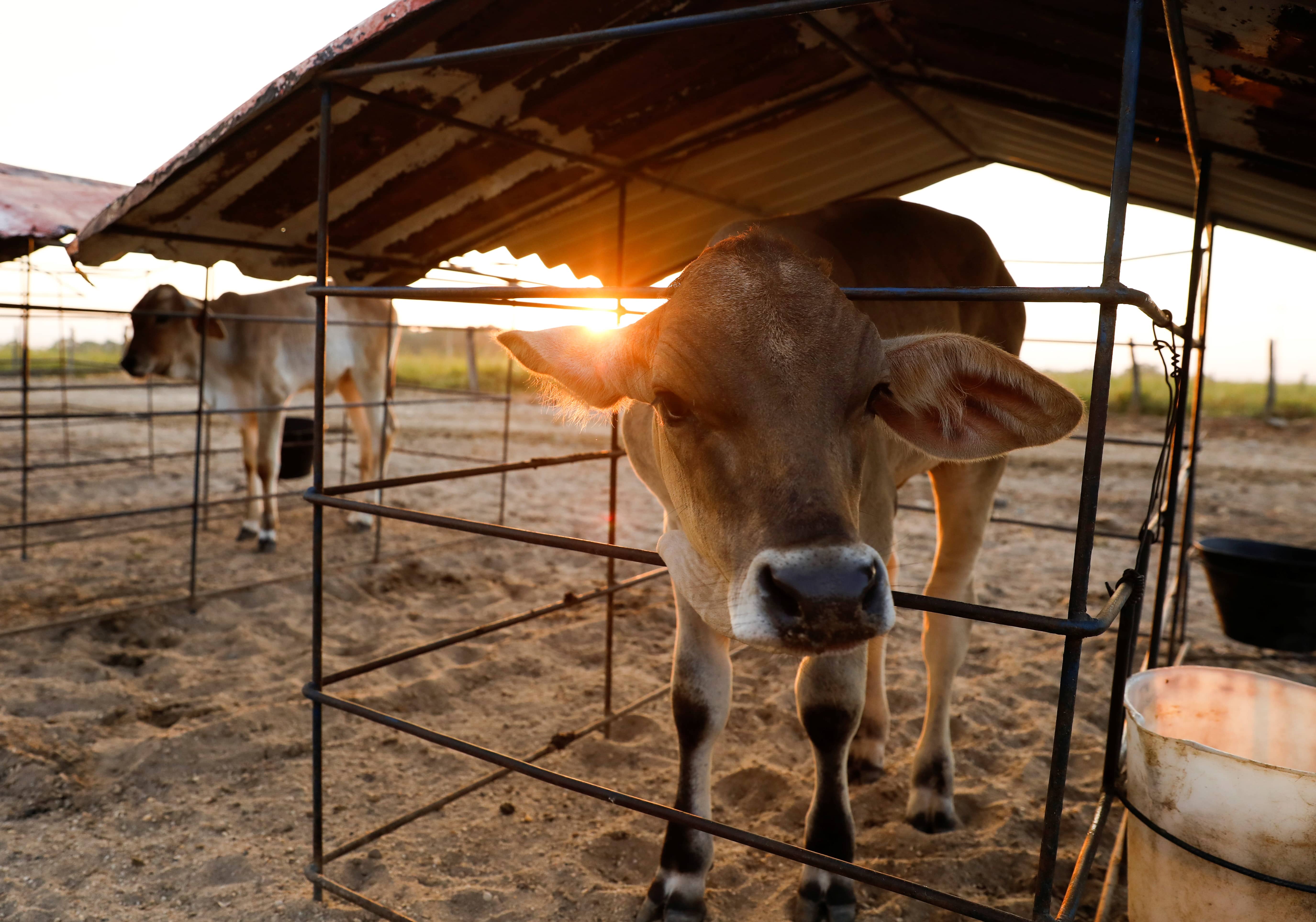The Kansas State Veterinary Diagnostic Laboratory, a part of the Kansas State University College of Veterinary Medicine, has developed a new test for two major blood-borne diseases in cattle.
The laboratory’s Molecular Research and Development section has developed a bovine test specific for the endemic disease anaplasmosis and the emerging disease Theileriosis. These diseases are caused primarily in the U.S. by the American dog tick for anaplasmosis, and the Asian longhorned tick for Theileria.
The new test will allow veterinarians and cattle producers to screen their herds and herd additions for these specific disease-causing organisms, helping them more effectively prevent and manage the diseases.
Although there are more than one Anaplasma organism species present in cattle, anaplasmosis is caused by a specific bacterium called Anaplasma marginale. This organism can be found in all states except Hawaii and is endemic in many areas of the U.S. Infection can occur at any age, but clinical signs are usually only observed in animals over 2 years old. Anemia, difficulty breathing and death are common clinical signs. Treatment is usually successful with currently available antimicrobials.
Multiple Theileria species are present in cattle populations. The Asian longhorned tick responsible for the disease’s transmission has been found in 17 states, but its range is expanding. This tick has not been found in Kansas, but it has been found in western Missouri and northwest Arkansas. Clinical signs are similar to anaplasmosis, but these signs can be observed in both calves and adults. Treatment for Theileria is much less successful.
For more information about the new test, contact the Kansas State Veterinary Diagnostic Laboratory’s client care service at clientcare@vet.k-state.edu or 866-512-5650.
Kansas State Veterinary Diagnostic Laboratory Develops New Test for Cattle Diseases
Kansas State Veterinary Diagnostic Laboratory Develops New Test for Cattle Diseases
Kansas State Veterinary Diagnostic Laboratory Develops New Test for Cattle Diseases
- Home
- Uncategorized
- Kansas State Veterinary Diagnostic Laboratory Develops New Test for Cattle Diseases
- Posted October 15, 2022

Recommended Posts

Sen. Thom Tillis, R-N.C., announces he will not run for reelection
- June 30, 2025 5:05 am|

Israeli military orders more evacuations as Pres. Trump calls for ceasefire in Gaza
- June 30, 2025 5:00 am|

JJ’s That’s Awesome: An Amazing Gift For A Hard Working Young Man
- June 30, 2025 4:51 am|




